
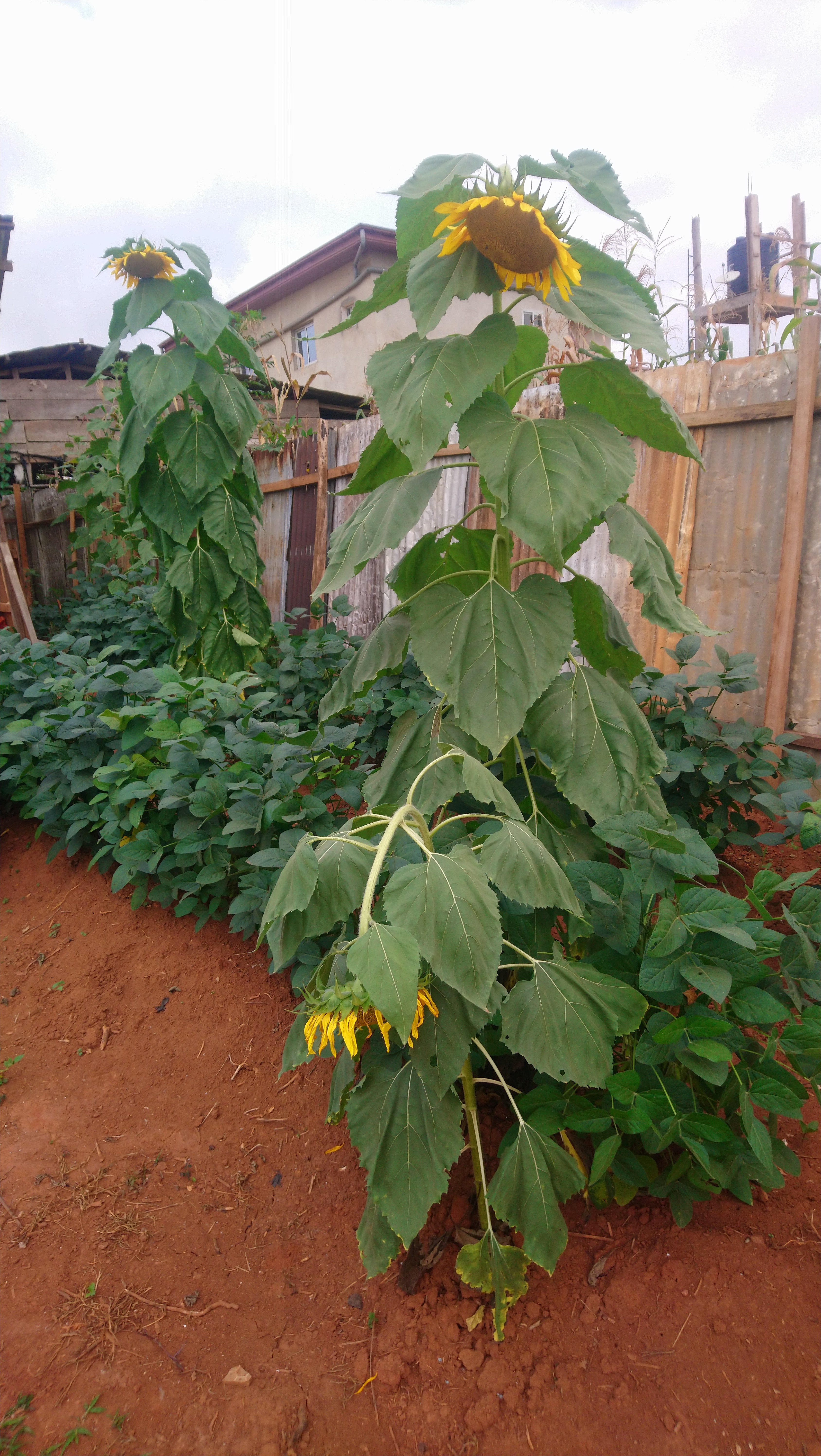
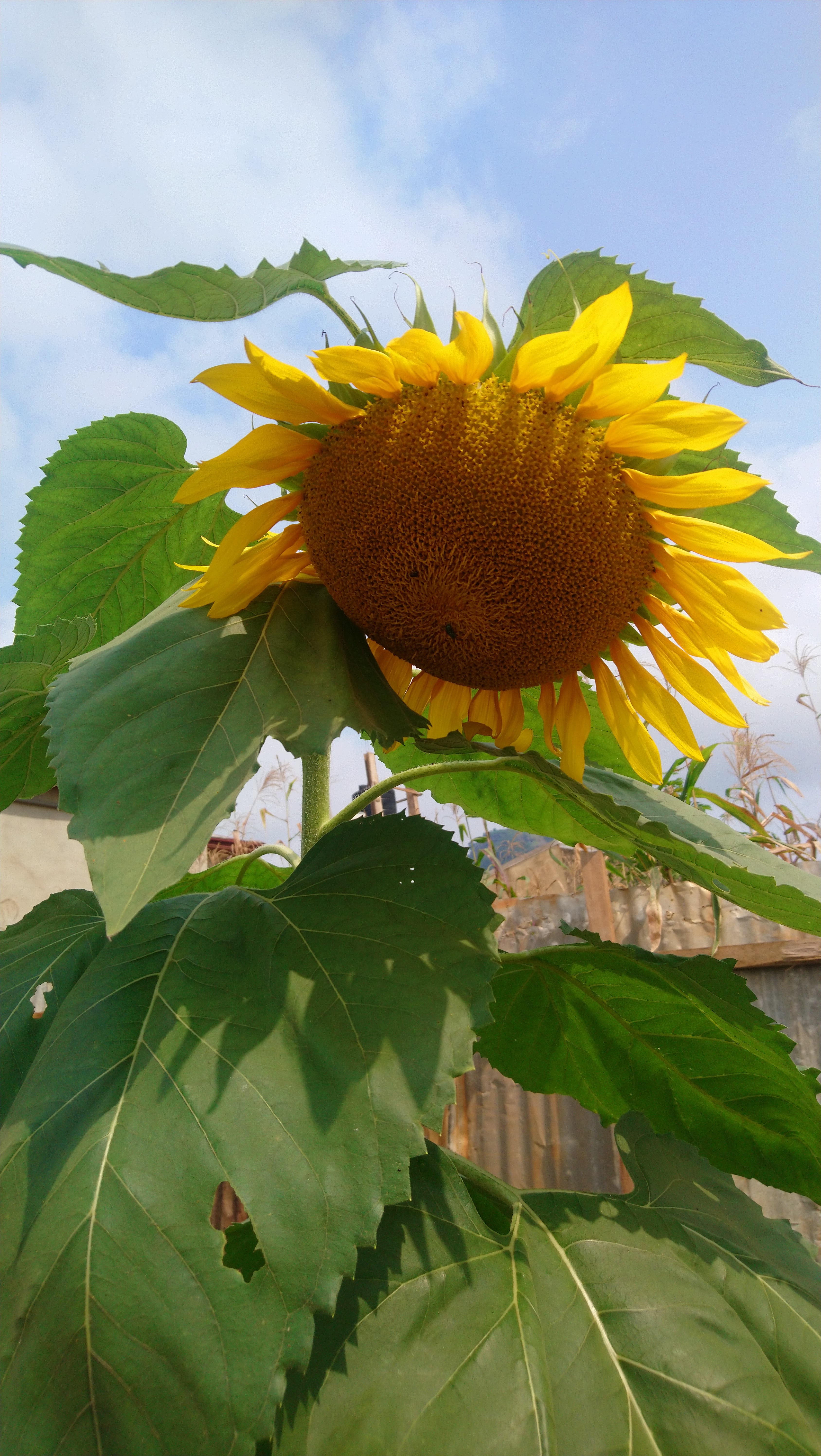
The scarcity of HIGH-QUALITY vegetable oils and paucity of protein feedstuff is a real problems in our communities. Sunflower gives one of the best quality oils and can be processed using rudimentary technologies and the cake obtained from oil processing is an excellent feedstuff for monogastric and ruminants.
Goats rearing remains a very effective method to fight poverty in rural communities due to their ease of maintenance and relatively low initial investment. However, there is a need for upgrading the genetic potential of local breeds and reinforcing the value chain through a community-based approach
Be it farming methods that utilise very little water, plantation agriculture that strives to preserve the ecosystem or integrated pest control, we are at the frontline of promoting such techniques for a more sustainable agricultural production. We believe that increase in productivity can and should go hand in hand with environmental protection.
As it is said “Go green, there is no planet B”
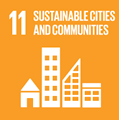
We assist organisations, Universities and research institutes fill in the gaps in knowledge and changing the way Engineers design and aid politicians in making better decisions. Some of our activities in this domain include;
There is a need and room for the introduction of new, high-quality oils in the Cameroonian market. 87% of respondents are willing to pay higher for better quality oil(Eseye, 2020)
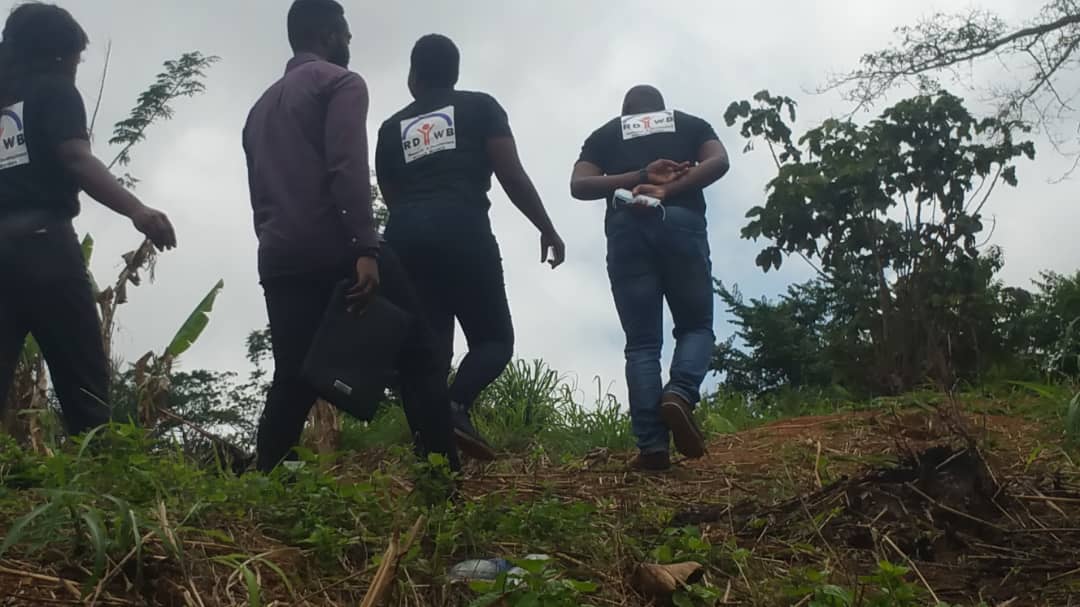
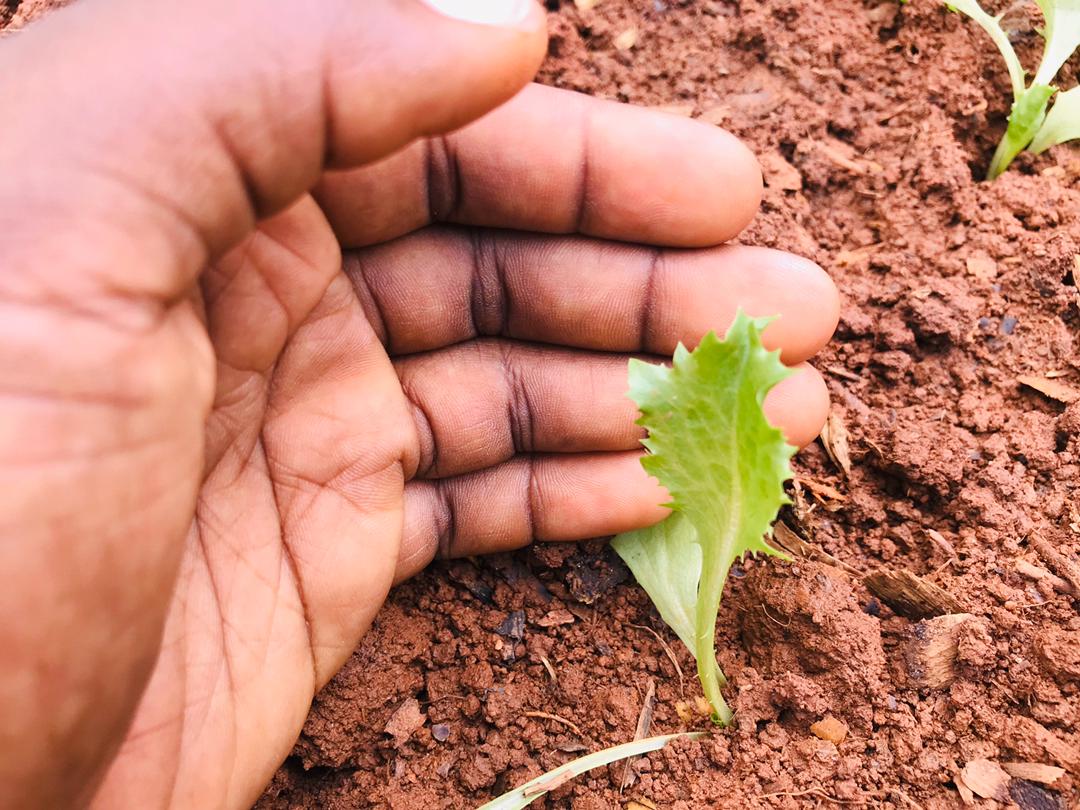
Sub-title: 62% of the population may not take the COVID-19 vaccine mostly because they don’t trust the vaccine developer or they feel that they have better alternatives.
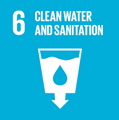
Around 2 billion people in the world still lack access to proper and safely managed drinking water and good hygiene conditions. The situation in Cameroon shows that millions of people face similar challenges of lack of access to WASH services. Therefore, Research and Development Without Borders approach to WASH aims at ensuring that communities in Cameroon have equitable, sustainable and affordable access to water and sanitation services. We do so by identifying the WASH-related challenges faced by suburban and rural communities
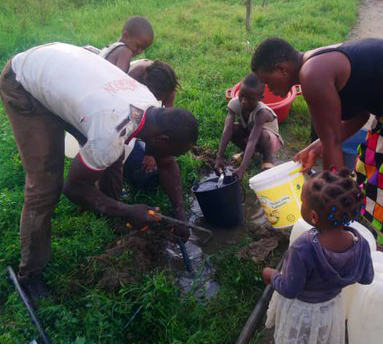
1. Water Scarcity
2. Poor or no maintenance of the installed water structures
3. Open identification
4. Lack of access to toilets
5. Poor solid waste management
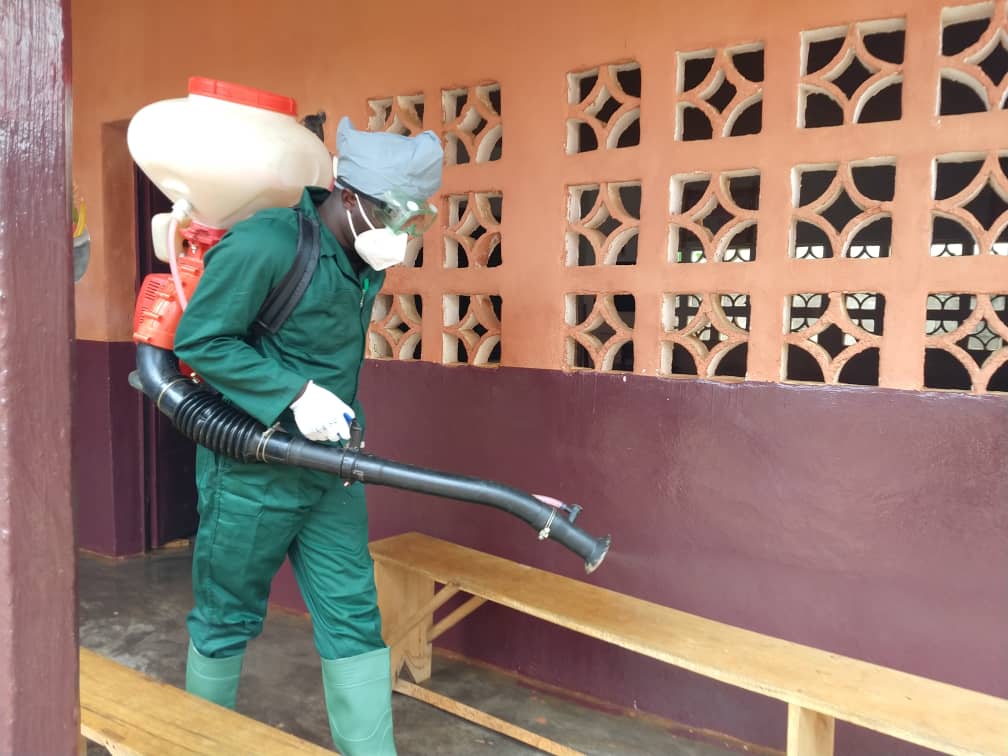
Our cause is to reduce the mortality and morbidity of children due to diarrhoea diseases caused by lack of appropriate WASH services. We focus on: • Building and rehabilitating toilets in schools • Providing potable water • Hygiene campaign like disinfecting classrooms
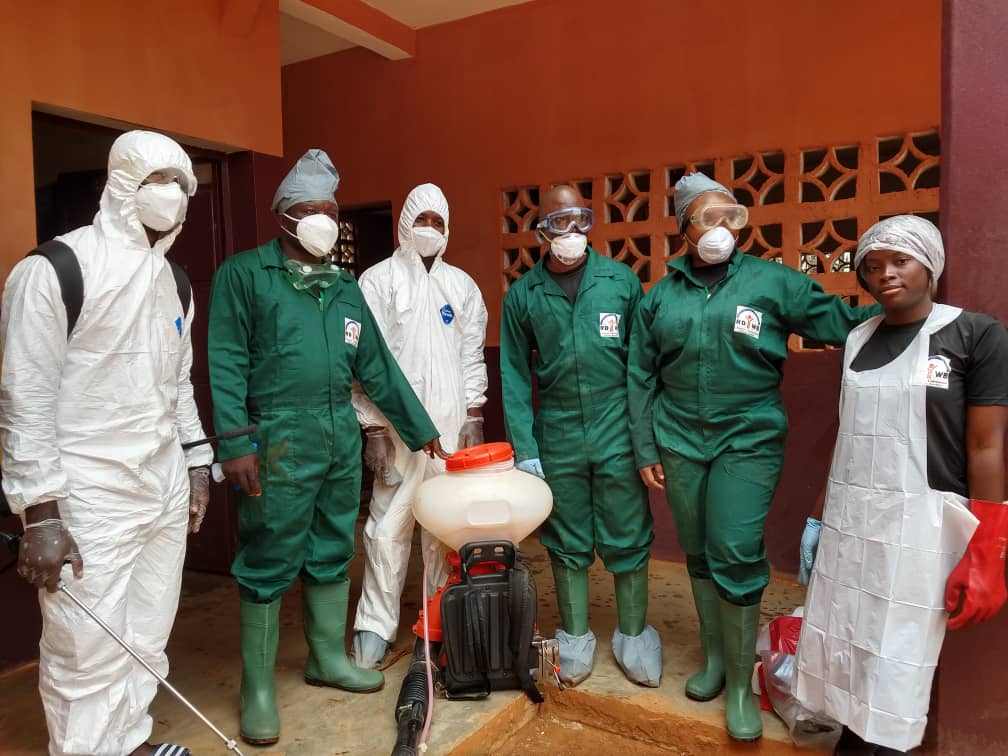
People living in rural areas, urban Slums, disaster-prone ares and low-income countries are most vulnerable and the most affected. RDWB seeks to provide: • Potable water supply (boreholes) • Maintenance & Maintenance of Public toilets • ECOSAN toilets • Handwashing campaigns • Community total led sanitation • Household water storage and treatment
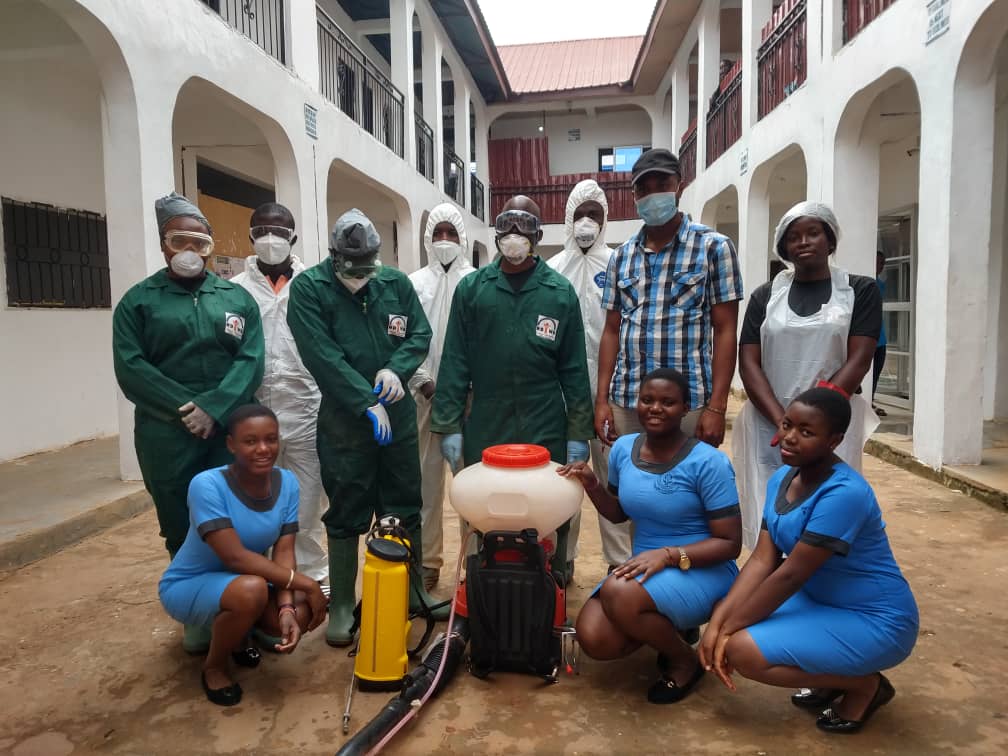
Training and capacity building are long established critical components of global water, sanitation and hygiene (WASH) policies, strategies, and programs. Expanding capacity building support for WASH in developing countries is one of the targets of the Sustainable Development Gaols. The capacity gap in WASH includes lack of Soft skills among Program managers such as partnership and supervision (WHO, 2010). We seek to build skills for NGO, local communities, Government, youths, grass root organisations and other stakeholders involved in WASH activities
• Reduce disease burden • It is time saving and increases convenience because of closer water systems • Reduced medical cost of water related diseases • Healthier living environments
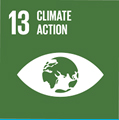
Climate change is expected to cause approximately 250,000 additional deaths per year. Flooding, extreme heat waves and droughts will continue to rise affecting agriculture, businesses and human lives. “We can all start by changing to renewable energy- Adapting to Climate Change will mean improving livelihoods”. Our key project here is;

The effects of climate change can be felt deep in our households – this is the case of the population living in the slums and poorly drained areas of Douala, the economic capital of Cameroon. It is a nightmare as the rainy season approaches once again, the population in this part of the country due to poor drainage and long hours of heavy rains find their houses flooded and possessions carried away by water. We often neglect the climate change discussion and find ourselves doing little to mitigate or adapt.
The impacts can be felt right in our homes and cities, destruction of personal property, roadblocks, drowning of children, destruction of electric lines, accidents, and destruction of buildings are common during rainy seasons in Douala.
“Climate change is real and must be taken seriously”.
What happens to farmers in the other regions – a common disaster of poor harvest, insects and pests infecting harvest and heat extremes causing diseases, the situation on agriculture can be felt by vulnerable families depending on subsistent farming to survive. The food security situation is becoming alarming and families go hungry affecting the health of children.
Research and Development Without Borders believe we can collectively find solutions to climate change mitigation and adaptation by making simple efforts. Our Climate Echo blog will be such a platform to showcase innovations and strategies at the community level to combat climate change.
Our efforts of encouraging young climatpreneurs will go a long way to propose innovative solutions to mitigate climate change or at least adapt.
Liquefied petroleum gas (LPG) also called LP gas cookstoves to families has several advantages such as reducing greenhouse gas emissions, providing health benefits, lowering household costs, and improving livelihoods. Learn more from the example in Darfur, Sudan.
One adaptation method is by using water-rich plants (banana and plantain stomps) to cultivate vegetables during dry seasons. Our coming-up project will train farmers on this climate adaptation technique as a livelihood activity. It can be done within the city and requires less space and very little skilled labour.